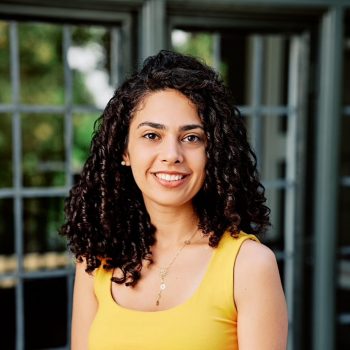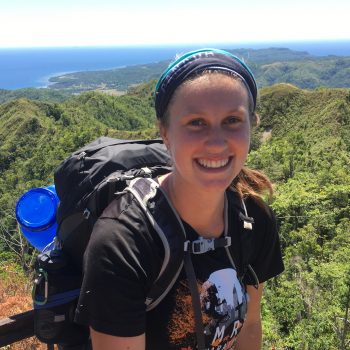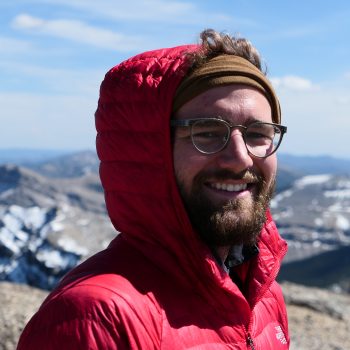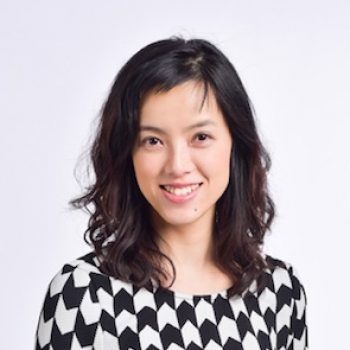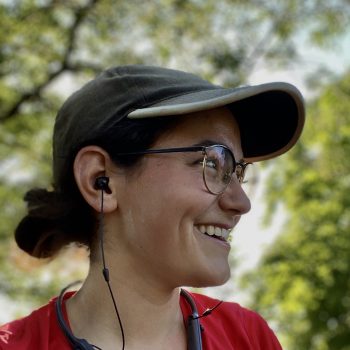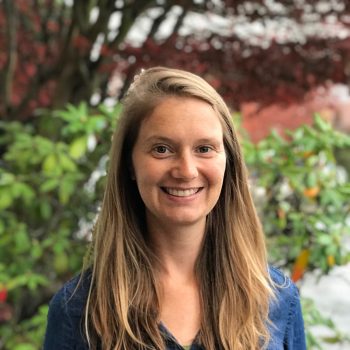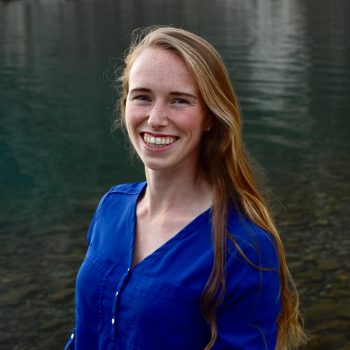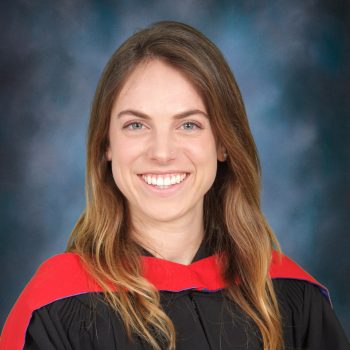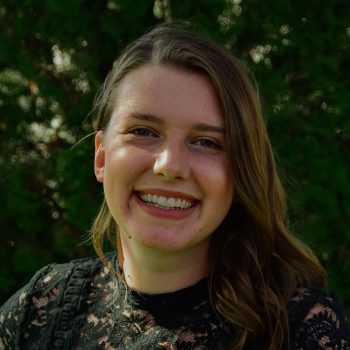
Taya Triffo
MA with Leila Harris, 2022
Contact Details
Research Interests
Bio
Taya Triffo is a graduate student with the Institute of Resources, Environment, and Sustainability, and she is working toward her Master of Arts. She earned her undergraduate degree — a Bachelor of Arts in Philosophy, Politics, and Economics — at the University of Regina, convocating with great distinction and the President’s Medal.
Under the supervision of Dr. Leila Harris, Taya is developing her thesis research on equity, urban water resilience, and resource planning in the City of Vancouver. She plans to investigate how residents articulate, envision, and prioritize water resilience, specifically, and climate resilience, broadly, in their neighbourhoods. In particular, this research is interested in the equity dimensions of water resilience, including how equity concerns are articulated in water governance strategies. Taya is growing increasingly passionate about methods, specifically exploring feminist memory-work workshops, critical mapping, archival research, discursive textual analysis and interview methods in her research.
To this research, she brings her keen interest in the social and political dimensions of transformative change. Taya is interested in how communities articulate, organize, negotiate, and envision possible futures. To date, Taya’s work has mostly been interested in how communities set agendas and attempt collective action within the food sovereignty movement and the just energy transition movement. She has participated in advocacy for the 100% Renewable Regina project — both as a community facilitator and as a policy researcher. She has worked with the Regina Qu’Appelle Health Region and the Community Engagement and Research Centre, supporting the development of a report on Saskatchewan farmers’ participation in and perception of local food systems. She has worked as a program analyst with the Saskatchewan Ministry of Agriculture. Further, she has done research with Guatemalan communities pursuing agrarian reform and a comprehensive rural community development strategy.
Research interests: Resilience, Collective Action, Transformation, Community-based Research; Policy and Decision-Making; Political Ecology; Resource Governance and Management; Social-Ecological Systems; Ecological Economics; Philosophy of Economics; Epistemology.
Contact information: ttriffo [at] student [dot] ubc [dot] ca
